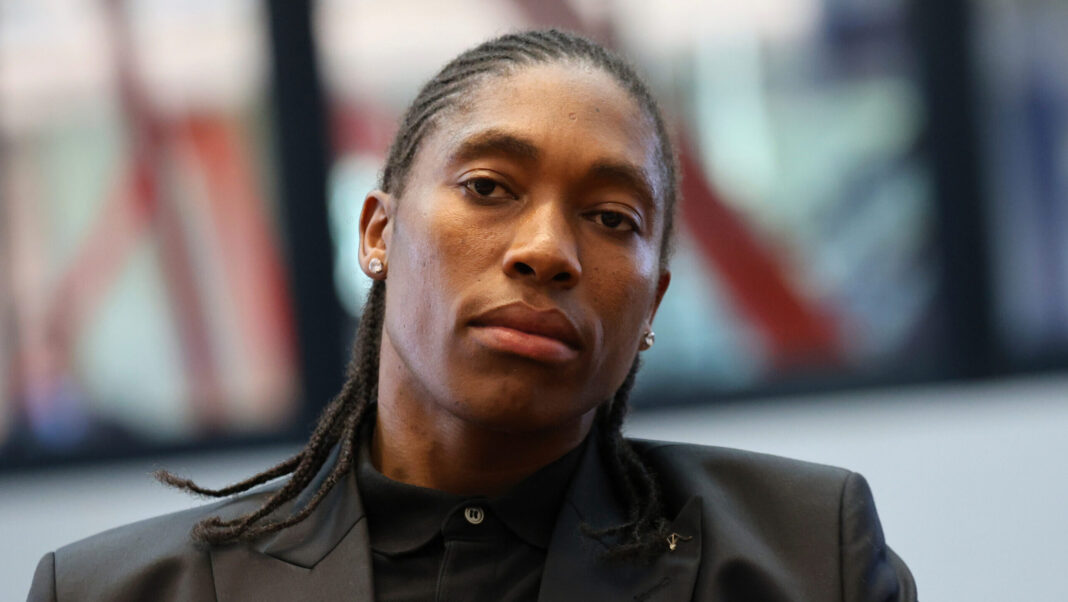Caster Semenya: The End of a Seven-Year Legal Battle
Olympic champion runner Caster Semenya is concluding a seven-year legal challenge against controversial sex eligibility rules in track and field. Her lawyers announced this decision amid the backdrop of a significant ruling from the European Court of Human Rights in July, which had seemingly reignited this contentious issue in the world of sports.
The Decision to Conclude the Legal Battle
Patrick Bracher, Semenya’s lawyer, announced via email to The Associated Press that they would not be pursuing an appeal to the Swiss Supreme Court, a step many anticipated following the positive outcome from the European rights court. Bracher noted, “Caster’s legal challenge reached the highest possible court with a highly successful outcome and will not be taken further in the circumstances.”
A Landmark Case in Sports
Semenya, a two-time Olympic gold medallist in the 800 meters from South Africa, has faced significant barriers since 2019 when she was banned from competing in her signature event at major international competitions. This ban was a result of her refusal to take medication aimed at artificially lowering her testosterone levels, a requirement imposed by the sport’s governing body, World Athletics.
Legal Journey through Multiple Courts
Since 2018, Semenya has fought against the rules in three different courts: the Court of Arbitration for Sport, the Swiss Federal Tribunal, and finally the European Court of Human Rights. Although she experienced setbacks with her appeals, the recent ruling from the European Court was pivotal, stating that she had not received a fair hearing at the Swiss tribunal, leaving room for further challenges.
Career Impacted at Its Apex
During her prime, Semenya was unstoppable, remaining unbeaten in over 30 races. Now, at 34 years old, her competitive running career has effectively come to an end, compelling her to shift her focus towards coaching and mentorship. Semenya has symbolized the complications intertwined with sex eligibility regulations ever since her teenage triumph in 2009 at the world championships, where she was subjected to sex verification tests.
Understanding Differences in Sex Development (DSD)
Semenya’s case falls under the broader category of differences in sex development (DSD). While she possesses typical male XY chromosomes, she also has female physical attributes and elevated levels of naturally occurring testosterone. Notably, she is not a transgender athlete; she was identified and raised as female and has always identified as such.
The Debate Over Fairness in Sports
World Athletics argues that athletes like Semenya, who possess higher natural testosterone levels, gain an undue advantage over their competitors, which affects the fairness of women’s sports. However, the actual extent of this advantage remains the subject of intense debate, complicating the scientific and ethical discussions surrounding the issue.
Stricter Regulations in Track and Field
In response to Semenya’s case, track and field initially introduced rules in 2011 regarding women with high natural testosterone. Over time, these regulations have become even more stringent. A new rule, effective from September 1, requires women competing in international events to undergo genetic testing to check for the presence of a Y chromosome. If an athlete fails this test, they are barred from female competitions.
A Broader Impact on Sports
While Semenya’s case has been at the forefront of the sex eligibility debate in athletics, its implications extend to various sports. Swimming, boxing, and others have implemented similar restrictions on athletes with DSD conditions. The controversy around Semenya has often set precedents for other sports to follow, reflecting a growing concern over fairness in competition.
The Future of Sex Eligibility Regulations
While Semenya has opted not to continue her legal battles for now, Bracher acknowledged that the landscape has changed significantly since her initial challenges began. He suggested that her recent success at the European rights court could pave the way for future athletes to contest the current regulations, indicating that the conversation around sex and eligibility in sports is far from over.



